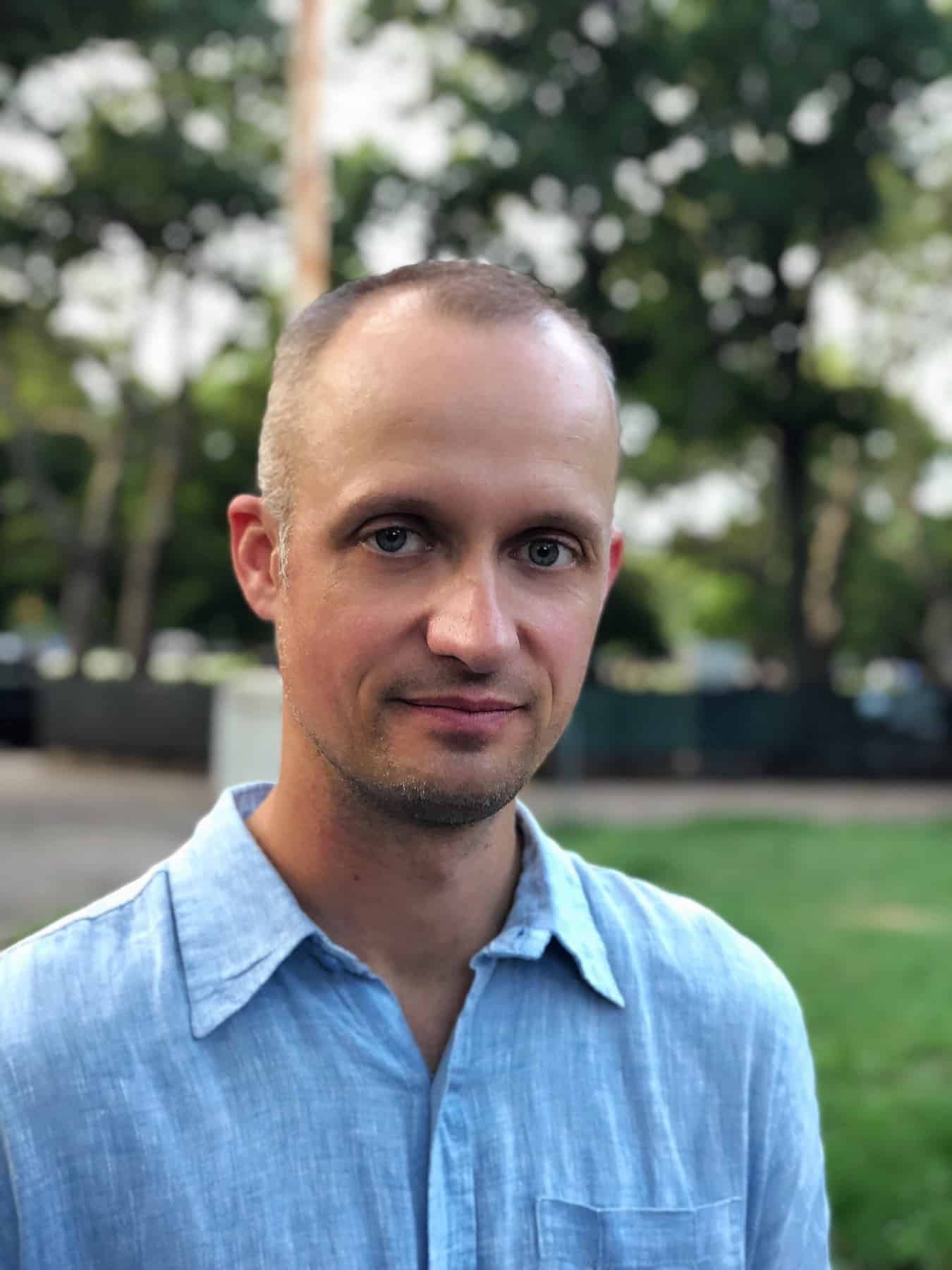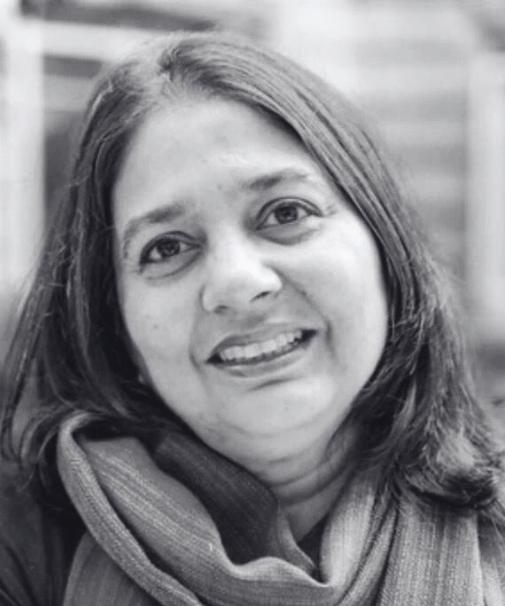Welcome back to our weekly behind-the-scenes glimpse at what’s getting our team talking. Let us know what you think at [email protected].
Water wise
Nearly 20 years after Hurricane Katrina, green infrastructure projects all over New Orleans are proving their worth, as residents witness first-hand the way that rain gardens and bioswales soak up heavy rain. That’s according to a New York Times story — part of the “50 States, 50 Fixes” series — shared by RTBC Executive Editor Will Doig. “Every drop of water that is stored somewhere that is not in our drainage system counts toward a benefit,” Meagan Williams, the water program manager for the city of New Orleans, told the Times. “If we can’t take away all the flooding, but we can reduce how much it’s flooding, then we’re moving the needle in the right direction.”

Will says:
After Hurricane Katrina, some communities in New Orleans felt a sense of solutions fatigue after being swamped with ideas from outsiders for how to “fix” their city. Nevertheless, green infrastructure is starting to win over skeptics in New Orleans, who can see the results for themselves.
Tech care
In Pakistan, the prenatal care available to pregnant women is often extremely limited, which means life-threatening conditions like preeclampsia can easily go undetected. As the Gates Foundation reports in a story shared by Contributing Editor Geetanjali Krishna, a computer scientist’s new speech-based AI tool aims to change that.

Geetanjali says:
Overworked medics in India have often said that they have so little time per patient that sometimes they miss medical red flags. That’s why this story about a scientist in Pakistan who has developed an AI algorithm based tool that identifies and gives advance warnings about risk factors like high blood pressure during pregnancy, resonated with me. Early data shows that while doctors in rural Pakistan are detecting symptoms of gestational diabetes and hypertension seven percent of the time, this app, which is voice-based and now available on WhatsApp, is flagging those same symptoms 40 percent of the time.
What else we’re reading
 The wholegrain revolution! How Denmark changed the diet – and health – of their entire nation — shared by RTBC founder David Byrne from the Guardian
The wholegrain revolution! How Denmark changed the diet – and health – of their entire nation — shared by RTBC founder David Byrne from the Guardian
 You’ve Probably Already Met Your Next Best Friend — shared by Will Doig from The Atlantic
You’ve Probably Already Met Your Next Best Friend — shared by Will Doig from The Atlantic
 Watershed move: When a village shares a vital resource — shared by Geetanjali Krishna from The Migration Story
Watershed move: When a village shares a vital resource — shared by Geetanjali Krishna from The Migration Story
In other news…
This week, writer Aina de Lapparent Alvarez, who wrote for RTBC recently about electric car shares, shared a story on one of our favorite topics: congestion pricing. But not in New York! City Observatory looks at how the congestion pricing also works in smaller metros such as Louisville, Kentucky.
The post What We’re Reading: A Spongier New Orleans appeared first on Reasons to be Cheerful.



